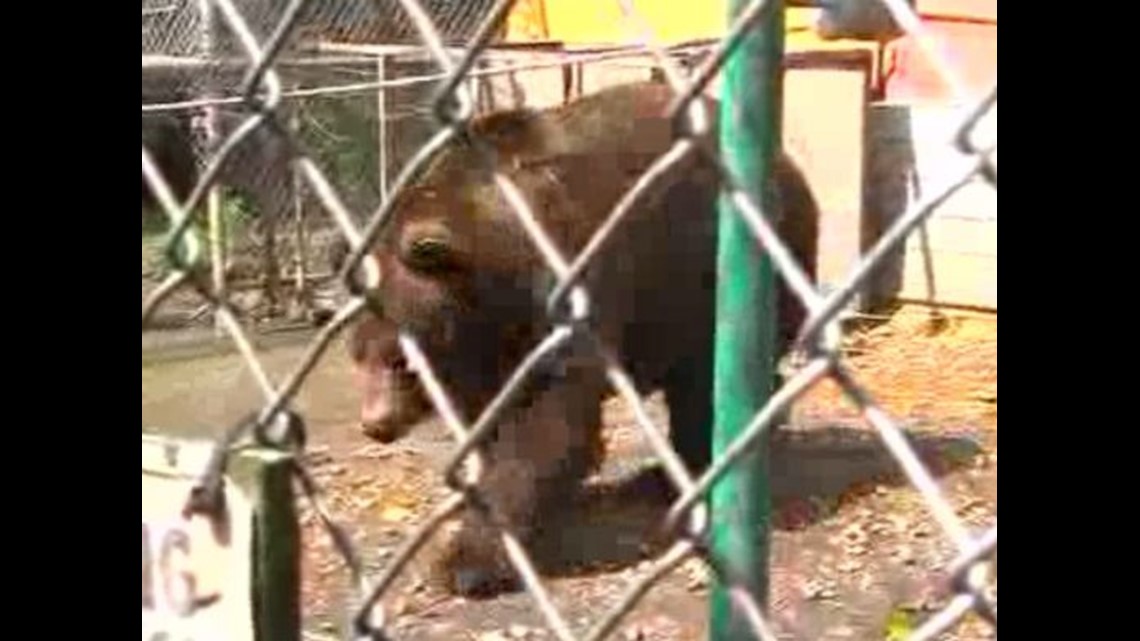

TOLEDO, OH (WTOL) - After dozens of wild animals roamed free in central Ohio, some animal activists are calling for new legislation banning the ownership of exotic animals.
There currently are no laws for exotic animals in Ohio. However, there are restrictions for owning wild animals native to Ohio.
"The native species are regulated," said Paul Kurfis with the Ohio Division of Wildlife, Division Two. "At this point in time, as far as the Department of Wildlife is concerned, there are no regulations in place [for the exotic species]."
Before former Governor Ted Strickland left office, he issued an executive order banning the ownership of exotic animals. That order expired under the John Kasich administration because the Department of Natural Resources said they could not enforce it.
"A lot of people just like something different. There's no doubt wild animals are intriguing," Kurfis said.
For example, if you wanted a tiger as a pet, no permit would be necessary. Yet a wild rabbit would require a propagator license.
"This prohibits anyone from going into the wild and just taking wild animals," Kurfis said.
Kurfis pointed out licenses are not hard to get. They cost $25 each.
The permits allow the Division of Wildlife to keep better track of wild animals as pets. There are 274 people with permits in northwest Ohio. Most of those owners have white tailed deer. Other popular animals are raccoons and skunks. Four northwest Ohioans have a black bear in their backyard.
"It starts out often times with good intentions that they'll raise it up until it's able to fend for itself, and they're going to release it," Kurfis said. "Well, by the time it could be released, they've grown attached to it."
An owner of an Ohio native wild animal could face a fine if they do not have license.
Yet regardless of whether a wild animal is licensed or not, Kurfis warned they are much more dangerous than an average pet. Some animals grow more ferocious as they get older, and other may carry disease.
"They're still a wild animal," he said. "They have habits of wild animals."
The state has a task force that is currently putting together framework for new exotic animal legislation. They expect to have the framework done within 30 days. The framework will then receive feedback before being presented to legislation.

